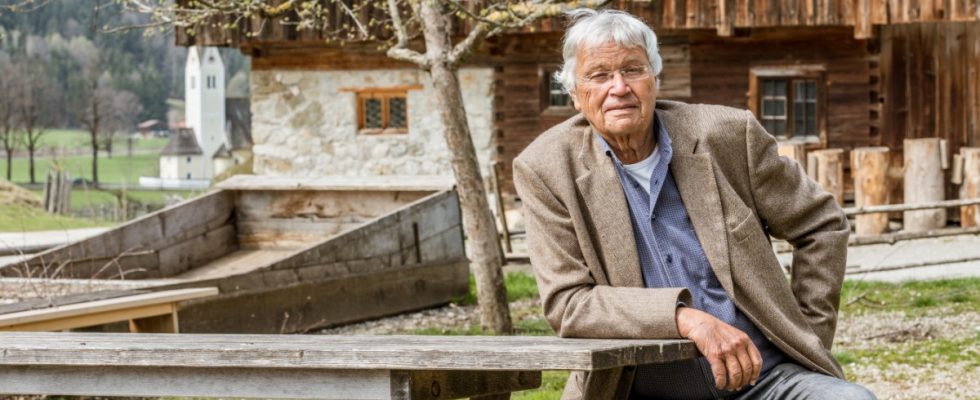A few weeks ago, Eva Moser, the long-time head of the Bavarian Economic Archives, retired. Last but not least, this step brought with it a bitter loss for the culture of laughter, because Ms. Moser had the gift of always seasoning her professional work with a hearty laugh. In general, their ability to brighten up any gloom of earthly existence with cheerfulness is on the wane. The public discourse is now dominated by rough-looking moralists, grumpy people and idiots, all of whom go to the basement to laugh.
Whoever makes a person laugh saves a poor soul from purgatory; children used to learn such wisdom at school. But that didn’t prevent many teachers and priests from suppressing children’s laughter with strict discipline. What a blessing that there have always been joke chairs in the recreational refectory (beer room) of the Benedictine monasteries, where merriment constantly flashes and crackles. Kare: “You look bad!” Lugge: “Carry every dog Ziaglstoana for eight hours!” Kare: “How long have you been doing this?” Lugge: “Tomorrow I’ll catch it!”
Old wedding photos show that brides once looked as desolate as if they were guests at a funeral. Back then, a bride was under no circumstances allowed to laugh. Laughing bride – crying woman, that was a dogma of the former agricultural society.
The poet Franz Kafka was also clouded by gloom, and as we know today, he spoke a kind of Bavarian. But once poor Kafka suffered a similar attack of laughter to the one recently suffered by news anchor Susanne Daubner. It just happened when he wanted to thank the director of the workers’ compensation insurance in Prague for a promotion. The sight of the president’s gently rocking stomach was enough to make him laugh. “Everything fell silent and now I was finally the recognized center of attention with my laughter. Of course, my knees shook with fear,” wrote Kafka in his diary.
Laughter and tragedy are closely related. The laughter researcher Gerhard Polt even considers humor to be a kind of self-defense against life. Ultimately, all that can be said about laughter in Polt’s sense is: “Man is a creature that laughs.”

